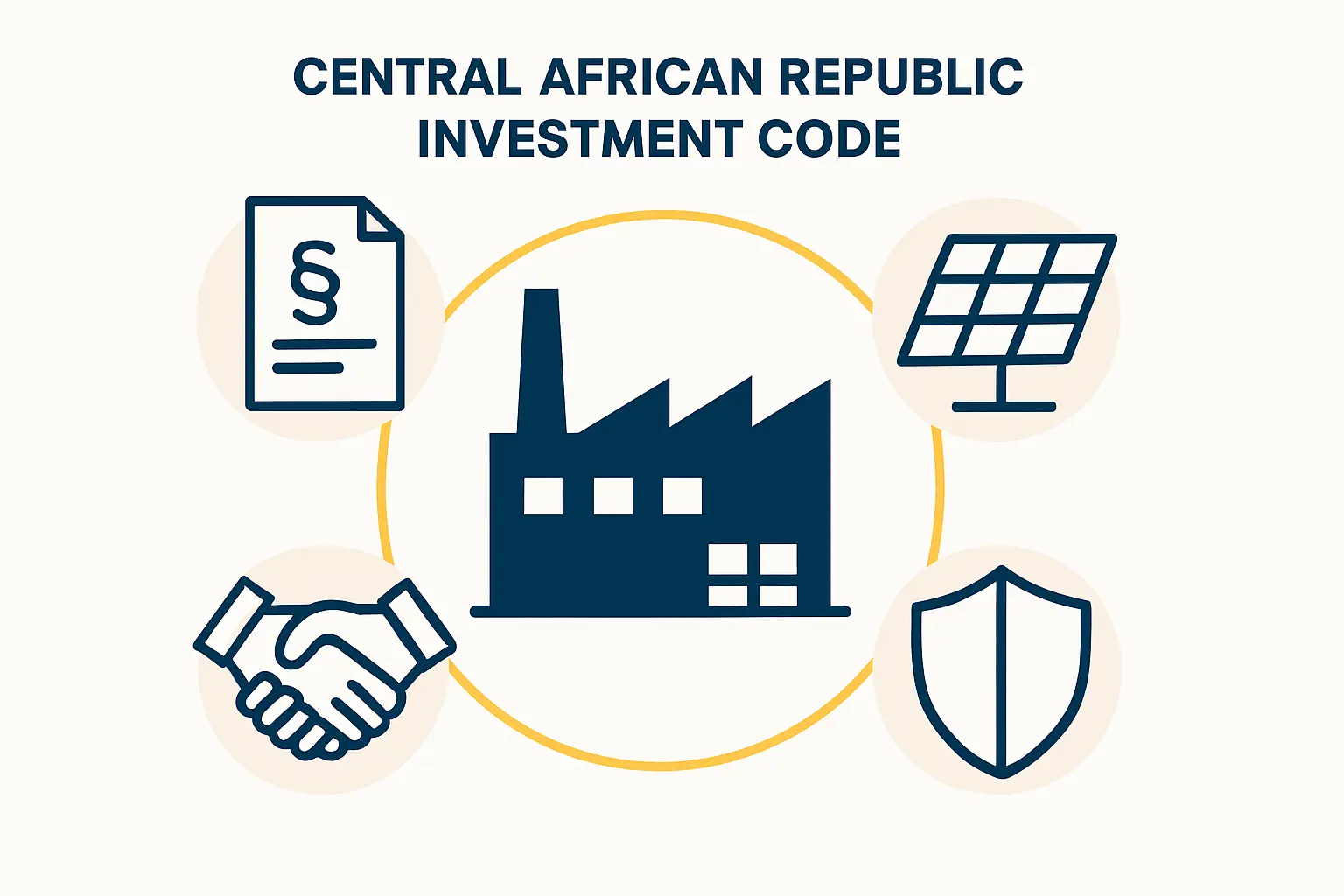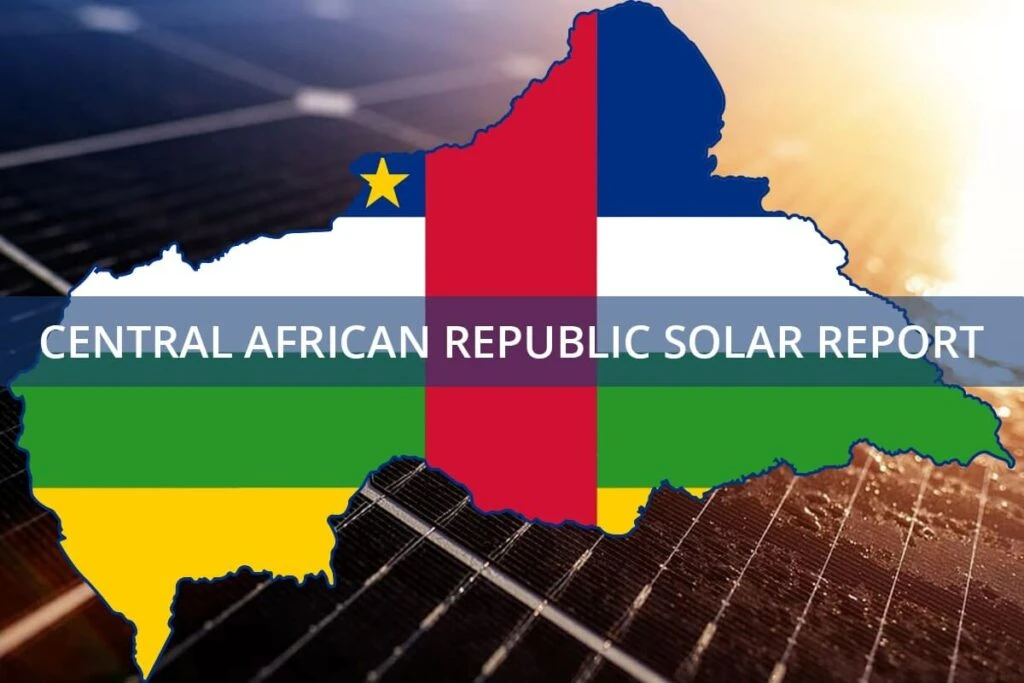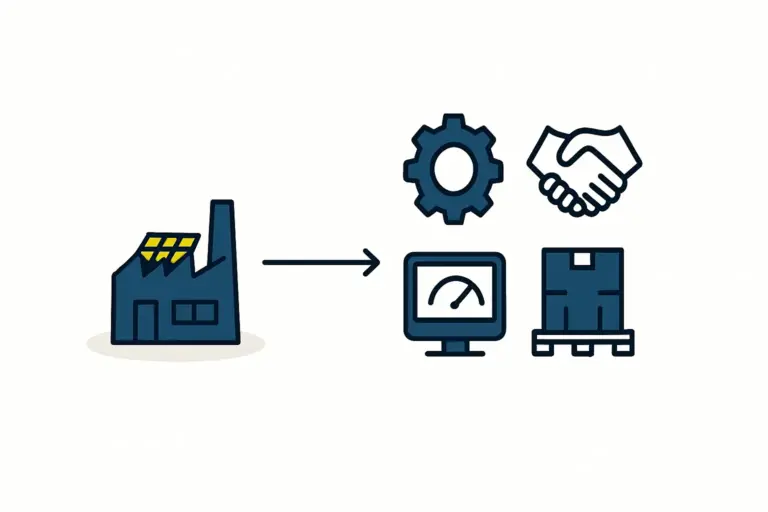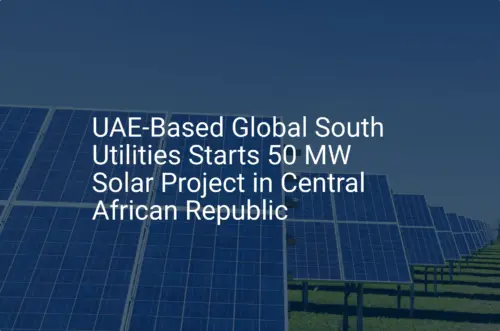For many international entrepreneurs, the decision to establish a manufacturing facility hinges on a careful analysis of risk and reward. While high-growth markets often come with complex regulatory environments, some of the most forward-thinking investment frameworks are in nations with the greatest need for development—particularly in the energy sector.
The Central African Republic (CAR) presents a compelling case study. Though not always the first market that comes to mind for industrial investment, its national investment code offers specific, highly attractive provisions for entrepreneurs looking to enter solar panel manufacturing. This analysis examines these key incentives and their practical implications for establishing a new venture.
Table of Contents
Understanding the Strategic Value of a National Investment Code
Before delving into the specifics, it’s helpful to understand what an investment code does. It is a legal document a government enacts to attract foreign and domestic investment into specific economic sectors. For an investor, it serves as a formal commitment from the state, outlining guarantees, benefits, and streamlined procedures.
A well-structured investment code mitigates risk by providing clarity on several critical business factors:
- Fiscal Stability: Predictable tax obligations for a set period.
- Operational Costs: Reductions in duties for imported capital goods and raw materials.
- Capital Security: Legal guarantees for the repatriation of profits and capital.
- Bureaucratic Efficiency: A defined process for obtaining licenses and permits.
For a capital-intensive project like a solar module factory, these provisions can dramatically alter the venture’s financial viability and timeline.
Key Provisions for Solar Investors in the CAR Framework
The Central African Republic’s investment code is designed to stimulate growth in priority sectors, with renewable energy prominently featured. Several articles are particularly relevant for prospective solar module manufacturers.
Priority Sector Designation
The foundation of the incentive package is the formal designation of renewable energy manufacturing as a priority economic sector. This classification unlocks a range of benefits not available to standard commercial enterprises. It signals a strategic government alignment with the goals of energy independence and rural electrification, positioning investors as key partners in national development.
Fiscal Incentives: Tax Holidays and Exemptions
Among the most significant financial benefits are extensive tax holidays. Under the current framework, approved priority ventures can be granted a complete exemption from corporate income tax for five to ten years, depending on the scale and location of the investment.
For a new solar factory, this provision has a direct and substantial impact on the profitability timeline. The capital saved during the initial years of operation, when the business is scaling, can be reinvested into expansion, training, or technology upgrades. This accelerates the return on the initial investment requirements (linkplaceholder1) and builds a more resilient financial foundation.
Customs and Import Duty Relief
A solar module assembly line depends on importing specialized machinery and critical raw materials, such as solar cells, EVA encapsulant, backsheets, and junction boxes. The CAR investment code provides significant relief by offering a full exemption from customs duties and Value Added Tax (VAT) on qualifying imports.
This provision dramatically lowers the initial capital expenditure (CapEx) needed to launch the factory. When considering the total cost of customs duty exemptions on manufacturing equipment (linkplaceholder2), this incentive can significantly reduce the barrier to entry. It allows investors to allocate more capital toward operational excellence and quality control from day one.

Investor Guarantees and Capital Repatriation
For any international investor, the ability to move capital freely is a primary concern. The investment code addresses this directly, granting foreign investors the legal right to repatriate profits, dividends, and, in the event of a sale, the proceeds of their investment. This guarantee is critical for building investor confidence, assuring them that returns generated in the country can be securely transferred abroad in a convertible currency.
Translating Legal Incentives into a Viable Business Case
While these legal provisions are attractive, their true value emerges in the context of the Central African Republic’s market realities. The nation has one of the lowest electrification rates globally, yet it boasts excellent solar irradiation levels, averaging over 5 kWh/m² per day. This combination creates a vast, untapped domestic market for off-grid and micro-grid solar solutions.
The investment code, therefore, is not merely a set of incentives; it is a strategic tool for unlocking this market potential. It enables an entrepreneur to establish a local manufacturing base that can produce solar modules tailored to regional needs at a competitive cost, bypassing the high import costs that currently limit solar adoption.
However, navigating the application process and ensuring full compliance requires careful planning and local knowledge. J.v.G. Technology GmbH’s experience with turnkey projects in emerging markets shows that successful implementation depends on a methodical approach to the complete setup process (linkplaceholder3), from initial legal registration to final commissioning.

Frequently Asked Questions (FAQ)
Q: What exactly is an investment code?
A: An investment code is a national law that defines the rules, rights, and incentives for domestic and foreign investors. Its purpose is to create a predictable and attractive environment for new business ventures in targeted economic sectors.
Q: Are the incentives outlined in the code guaranteed?
A: Once a project is officially approved under the investment code and receives an “agrément” (official approval), the incentives detailed in that agreement are legally binding for the specified duration. However, it is crucial that the application process is handled correctly and all compliance requirements are met.
Q: How does one begin the application process?
A: The process typically starts with the submission of a detailed business plan and investment proposal to the national investment promotion agency. This agency is responsible for evaluating the project’s eligibility and guiding the investor through the necessary legal and administrative steps.
Q: What are the primary risks to consider in such a market?
A: As with any emerging market, potential risks include political instability, logistical challenges, and bureaucratic delays. A thorough due diligence process, often supported by consultants with on-the-ground experience, is essential for identifying and mitigating these risks.
Conclusion: A Framework for Strategic Entry
The Central African Republic’s investment code offers a robust and highly competitive framework for entrepreneurs entering the solar manufacturing sector. Its combination of multi-year tax holidays, customs duty exemptions, and capital guarantees significantly de-risks an investment and enhances its financial viability.
Ultimately, these provisions transform a potential market opportunity into a structured and actionable investment case. While the incentives provide a powerful foundation, success hinges on meticulous planning, technical expertise, and a clear understanding of the local operating environment.






